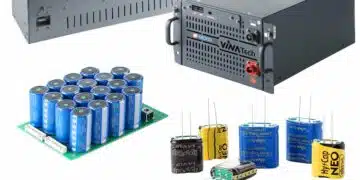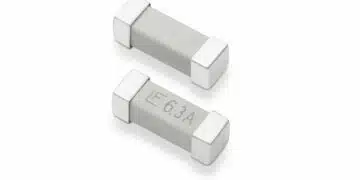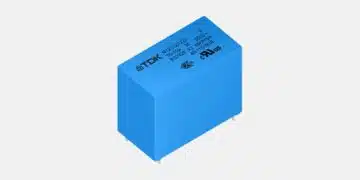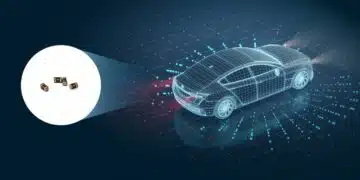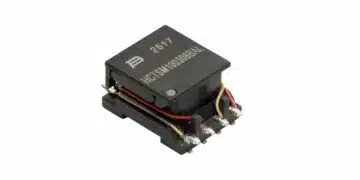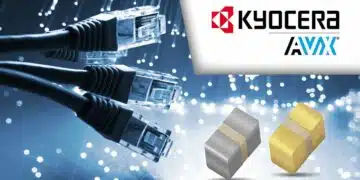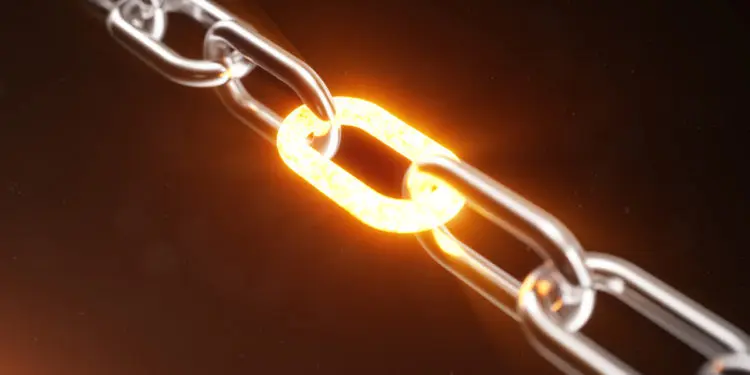The impacts of Russia’s Invasion of Ukraine raise component supply concerns.
World markets and supply chains were unsettled by Russia’s invasion of neighboring Ukraine. The announcement of economic sanctions against Russian banks and other parties, led to further uncertainty about future impacts on the world’s supply chains.
Military & Aerospace Electronics reported that the Biden administration had instructed the US Commerce Dept. to “to impose restrictions on the export of technology, including telecommunications systems and lasers, to Russia.”
TrendForce reported that in the near term, global nickel prices are likely to rise as a result of the conflict, citing Russia’s position as third-largest global producer, supplying “approximately 9% of the world’s total (including low, medium, and high-grade nickel)”; however, new ore production and smelting in Indonesia is expected to alleviate any supply-chain concerns in the second half of the year.
Nickel and palladium material as part of MLCC ceramic capacitors electrode system concerns have been concerned by TTI Market Eye /Paumanok Inc. article MLCC Electrode Metals Supply Chain Challenges earlier this year.
The Loadstar reported on a range of concerns among experts at the world’s shipping companies, ranging from cyberattacks to “yet another hike in freight rates, along with fuel costs, surcharges and supply chain disruption.” They noted that even for businesses not directly impacted by fighting or sanctions, there will likely be further “ripple effects” from the conflict, quoting analyst Marc Boileau as saying:
Significant delays are predicted for road and rail routes through Ukraine and neighboring countries. Conflict, increased border controls and sanction enforcement are all likely to add significantly to delays in the region. […] A ripple effect is likely to increase delays and costs around the whole supply chain. For example, shippers from China to Europe may switch to sea to avoid the unpredictability of land routes. This mode is already under strain because of COVID-19, and Ukraine is likely to make that situation worse.
SIA Responds to Announcement of Ukraine Sanctions
The Semiconductor Industry Association (SIA) released this statement Friday from President and CEO John Neuffer regarding the export control rules put in place after the Russian invasion of Ukraine:
The U.S. semiconductor industry is fully committed to complying with the new export control rules announced today in response to the deeply disturbing events unfolding in Ukraine. We are still reviewing the new rules to determine their impact on our industry. While the impact of the new rules to Russia could be significant, Russia is not a significant direct consumer of semiconductors, accounting for less than 0.1% of global chip purchases, according to the World Semiconductor Trade Statistics (WSTS) organization. The broader Russian ICT market totaled only about $25 billion out of the multi-trillion global market, according to 2019 IDC data.
In addition, the semiconductor industry has a diverse set of suppliers of key materials and gases, so we do not believe there are immediate supply disruption risks related to Russia and Ukraine.
Read More: emsnow.com


